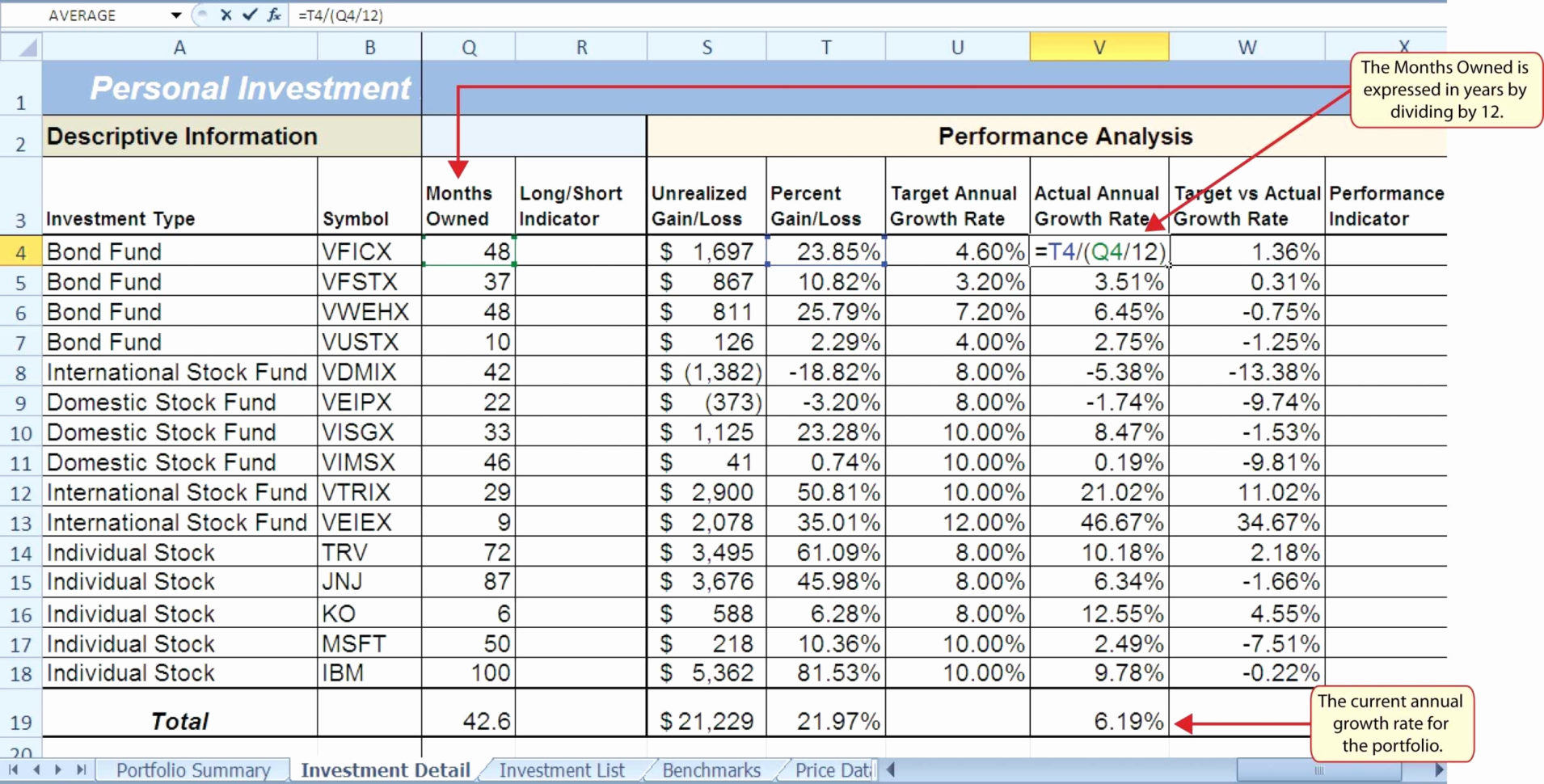Why Doctors and NPs Deny FMLA Paperwork

In the realm of healthcare, navigating through legal paperwork like the Family and Medical Leave Act (FMLA) can become a significant burden for medical professionals. This document seeks to explore the various reasons behind doctors and nurse practitioners' (NPs) reluctance or outright refusal to fill out FMLA paperwork, looking at the implications for both healthcare providers and patients.
Understanding FMLA

The Family and Medical Leave Act (FMLA) was established to allow employees to take unpaid, job-protected leave for specified family and medical reasons. However, the process of securing this leave often falls on healthcare providers to certify the medical conditions that qualify for this leave.
Reasons for Denial or Reluctance

Here are some of the primary reasons why doctors and NPs might deny or show reluctance to fill out FMLA paperwork:
- Administrative Burden: The amount of time required to fill out FMLA forms can be considerable, and this administrative task can detract from patient care time.
- Lack of Compensation: Most physicians are not reimbursed by health insurance for the time and effort spent on FMLA forms, as this is considered an administrative task.
- Legal Concerns: Certifying for FMLA can involve providing information that may be scrutinized by legal teams or human resources departments, creating potential liability issues.
- Insufficient Information: Incomplete or vague requests for FMLA certification can make it challenging for doctors to provide the necessary documentation.
- Excessive Paperwork: Healthcare professionals often deal with an overwhelming amount of paperwork, and FMLA forms are just one more item in an already long list.
📝 Note: Healthcare providers are bound by HIPAA regulations, which can complicate the release of medical information for FMLA purposes.
The Impact on Patients

When healthcare providers refuse to engage with FMLA paperwork, patients can face significant hurdles:
- Delays in Leave Approval: Without medical certification, employees might experience delays or denials in their FMLA leave requests.
- Stress and Anxiety: The process can become an additional source of stress for employees who are already dealing with serious health conditions or family care responsibilities.
- Loss of Job Protection: If FMLA paperwork is not completed, employees might not have the job protection they’re legally entitled to.
Alternatives and Solutions

To mitigate these issues, here are some strategies and alternatives:
- Patient Advocacy: Patients can help by providing comprehensive medical history and supporting documentation to facilitate the certification process.
- Employing NPs or Other Staff: Some practices delegate FMLA certification to nurse practitioners or administrative staff to share the workload.
- Outsourcing: Practices might consider outsourcing to medical record review companies to handle some administrative tasks.
- Template Forms: Using standardized templates can reduce the administrative burden and ensure all necessary information is provided.
👨⚕️ Note: Doctors might be more willing to complete FMLA forms if they know the patient personally or if there's a clear understanding of the medical condition involved.
The Future of FMLA Certification

As healthcare technology evolves, there’s hope for streamlined processes:
- Electronic Health Records (EHRs): EHRs could facilitate easier access to patient data, reducing the need for manual form completion.
- Integration of Medical Forms: Future systems might integrate FMLA forms directly into patient management software.
- AI-Assisted Certification: AI could help in pre-filling certain sections of FMLA forms based on electronic patient records.
To conclude, while the reasons for doctors and nurse practitioners' reluctance to engage with FMLA paperwork are multifaceted, involving administrative, legal, and workload concerns, there's an ongoing effort to streamline and simplify this process. By understanding both the provider's perspective and the patient's needs, we can work towards a system where access to FMLA benefits is as straightforward as possible.
Can I take FMLA leave if my doctor won’t fill out the paperwork?

+
Yes, you can still apply for FMLA leave if your doctor refuses to complete the paperwork. You might need to seek assistance from other healthcare providers or even pursue legal advice to ensure your rights under FMLA are protected.
Is there a cost associated with FMLA certification?

+
Typically, there’s no direct charge for FMLA certification by your doctor. However, some practices might charge a fee for administrative tasks, although this isn’t covered by insurance.
How can I make it easier for my doctor to fill out FMLA paperwork?

+
You can assist by providing a comprehensive medical history, detailing any treatments, procedures, or conditions relevant to your leave request. Additionally, offering to fill out as much of the form as possible can expedite the process.



